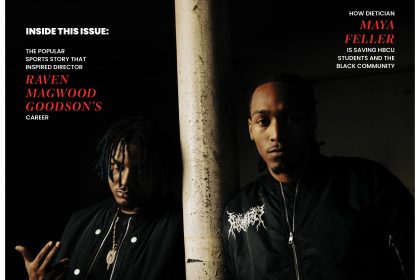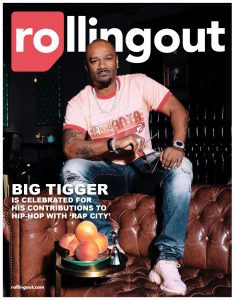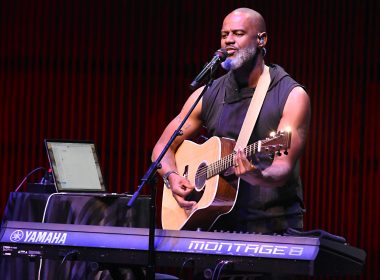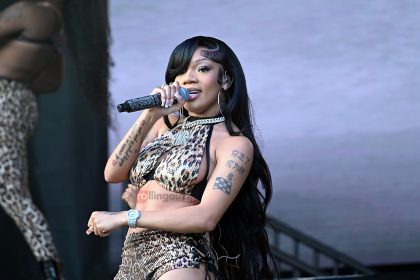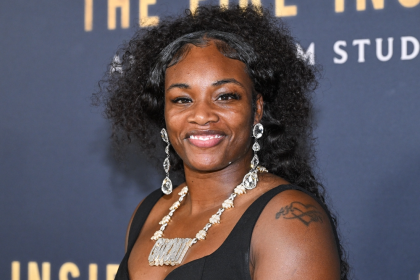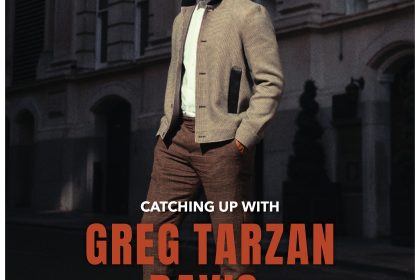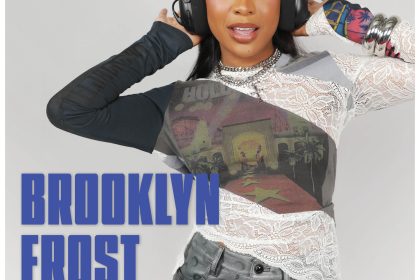Over the last 55 years, that combination of youthful energy and raucous sexuality has been an inescapable part of the pop landscape. The Rolling Stones sang “Let’s Spend the Night Together” in 1967, which generated some controversy but sounded positively innocent compared to many of their ’70s songs like “Rocks Off” and “Hot Stuff.” Donna Summer famously concluded “Love to Love You, Baby” with what sounded like a female orgasm. In the 1980s, around the same time that Rick James was singing “Gimme that funk, that sweet, that nasty, that gushy stuff,” Prince was performing in lingerie and singing songs like “Head” and “Sister,” a incestuous (albeit fictional) story-song about how his sibling taught him how to have sex by showing him all she knew. One of the biggest synth-pop hits of the era was “Relax” by Frankie Goes To Hollywood, a song that became so mainstream that it inspired a T-shirt fad. No one seemed to notice that the lyrics very blatantly referenced homosexual sex and male orgasm.
The 1980s marked an important crossroads in the history of sexualized songs, because for the first time, the sexual imagery was almost as important as the innuendo in the songs themselves. As a result, innuendo became less of a factor — as many artists got as blatant as they possibly could given the new visual medium to express themselves. Superstars like Madonna and Prince aggressively pushed their sexuality to the forefront of their public personas, and became among the biggest stars of their generation as a result of it. But there was significant backlash. The Parents Music Resource Center infamously called for congressional hearings in 1985 to discuss banning albums with sexually explicit content. The endeavor was spearheaded by Washington wives like Tipper Gore, and the resulting compromise led to the notorious “Parental Advisory” sticker that would adorn so many rock and hip-hop albums for the next 25 years. 2 Live Crew, the most famous and controversial of Miami bass rap groups, had their music deemed illegal due to its obscenity and the group actually stood trial in Florida for performing their songs at a nightclub. The members were acquitted, but the trial stood as one of many examples of the battle between the raunchiness of popular music and the sensibility of the general public.




